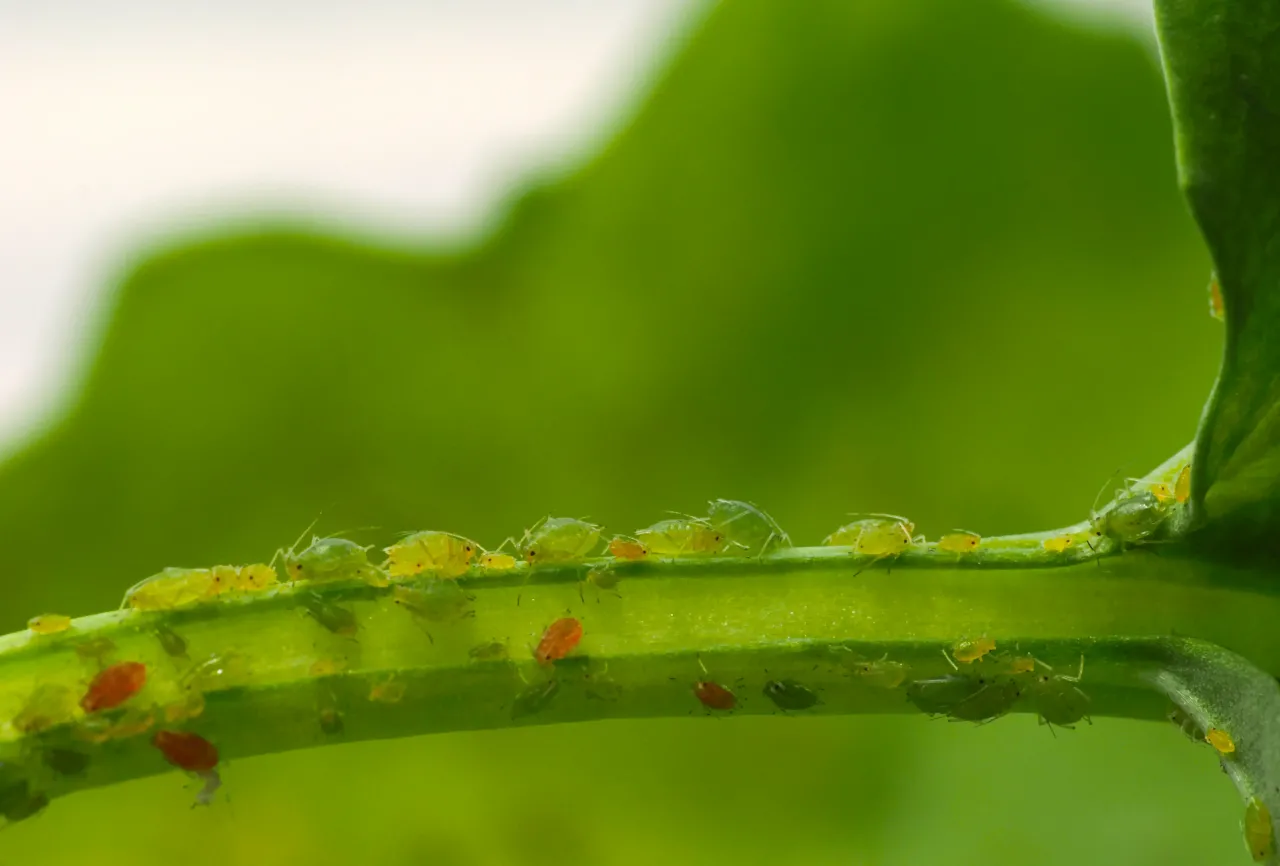
Professor Ary Hoffmann
Melbourne Laureate Professor, Pest and Environmental Adaptation Research Group, School of BioSciences, Bio21 Institute, Faculty of Science, University of Melbourne
See research profile
Sciences & Technology
We’re not winning the battle between mosquitoes and modern homes
By blurring the lines between indoor and outdoor spaces, modern homes often invite mosquitoes. But there are ways to prevent them and the diseases they carry

Arts & Culture
What we watched, read and listened to in 2024: Part One
The books, podcasts, TV series, poems, footy matches and more that inspired us in 2024

Environment
Q&A
Q&A: How a ‘pooter’ is helping endangered grasshoppers find new homes
Translocation is helping protect the endangered Key’s Matchstick Grasshopper and enhancing ecosystems in south-eastern Australia

Sciences & Technology
Opinion
Victoria’s new habitat law fails to protect a tiny endangered species
A critically endangered wingless stonefly in Australia could face extinction after the government went against scientific advice

Sciences & Technology
Scientists and government agencies are targeting mosquitoes with bacteria
The Wolbachia bacterium prevents mosquitoes from spreading dengue fever – and now a new strain is protecting people in Malaysia

Environment
Go Figure
Do you have a chorus of crickets in your backyard? Here’s why
There’s an explosion of crickets and other insects in Melbourne, here’s why we should embrace these swarms as a cycle of nature

Sciences & Technology
The breeding trap targeting Melbourne’s growing mozzie problem
A mosquito trap that could significantly reduce egg numbers may be the answer to controlling mosquito-borne diseases – like the Buruli ulcer – in Victoria

Sciences & Technology
The wingless grasshopper that could cross Bass Strait, but not the Yarra River
New genomic approaches can track the movement of Australia’s flightless matchstick grasshopper

Sciences & Technology
The fly DNA fighting killer bacteria
The genome of an Australian fly has won an evolutionary “arms race” against a killer bacteria by evolving to co-exist with it
